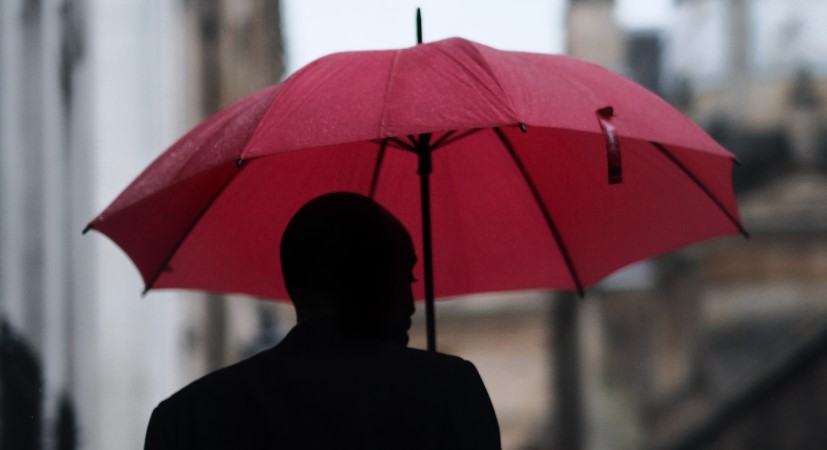
Business owners are responsible for ensuring a safe environment for customers and other general members of the public. Small businesses and large organisations can have claims brought against them seeking payment for accidents and injuries. This can occur if a member of the public is injured or their property is damaged, and they blame the business.
Because of this, businesses who have third party exposure buy public liability insurance to cover the expenses associated with third party liability claims made against the business. The types of businesses that need public liability insurance are therefore those that have physical dealings with third parties. This can include restaurants, pubs and cafes, shops, events, tradespeople, builders, physical trainers, and more. Really any business that interacts physically with customers, clients, passers-by, other businesses and other third parties would need public liability insurance.
A sole trader who works on their computer from their home and never meets their clients in person probably does not need public liability insurance.
What does public liability insurance cover?
Public liability insurance covers costs like legal expenses related to defending a claim and compensation amounts awarded to injured parties if a business is found liable. It will also cover out-of-court settlements.
If your business does not have public liability insurance and a claim is brought, you or your company would be liable for the costs. In that case, legal fees will have to be paid out of pocket, and hefty compensation payments would have to be paid from personal or business finances. Liability costs may include the following expenses:
- Cost of repairs
- Cost of replacement
- Medical fees (including NHS reimbursement)
- Legal fees
- Transportation to medical appointments
- Compensation payments
What does public liability insurance not cover?
With every insurance policy, there will be exclusions and types of events that are not covered. And while each insurance provider will have its terms and specific wording, there are some common exclusions to be aware of that will never be covered by public liability insurance.
Public liability insurance covers ‘accidental’ incidents but will not cover any personal injury or damage caused intentionally by an employee.
Also, only claims related to ‘third-party’ liability are covered. For example, claims brought by employees (who are not considered third parties because they are part of the business) would not be covered by public liability insurance. For this, you would need employers’ liability insurance or personal accident insurance.
Public liability insurance also will not cover a business’ property or contents. To cover these, a business must buy commercial property insurance. If the business owns its premises, it can be purchased to protect a building or cover for contents, equipment, and stock. Businesses that rent their premises do not need to arrange buildings cover; the building owner or landlord will sort this.
Is public liability insurance a legal requirement?
While some types of business insurance are a legal requirement, like employers’ liability insurance, public liability is not required by law. Acquiring a policy is completely optional at the discretion of the business. However, your business should have a public liability insurance policy if you deal with members of the public, either in your location, on their property or other locations. If your company has no public interaction, this type of coverage will generally not be required as there is no risk of physical incidents.
Even though public liability insurance is not essential legally speaking, there are occasions in which it will still be needed. And it may be a condition of a contract that a business has signed with a client or another business. For example, a client may request that a business has public liability coverage in place before performing any work on their property to ensure they are protected from any incidents.
Likewise, local authorities and government offices frequently insist that public liability insurance is provided, requesting a certificate of insurance as proof. If work is performed regularly for these entities, annual checks can be performed to ensure that the policy is still active. For example, Dover District Council states that ‘Anyone who provides a service to or on behalf of the Council or who uses Council Land or facilities’ should have public liability insurance. The proof is required to be given to the council.
Sources:
- https://www.nimblefins.co.uk/business-insurance/public-liability-insurance-uk
- https://www.dover.gov.uk/Corporate-Information/Insurance/Public-Liability-Insurance.aspx
- https://www.gov.uk/employers-liability-insurance
